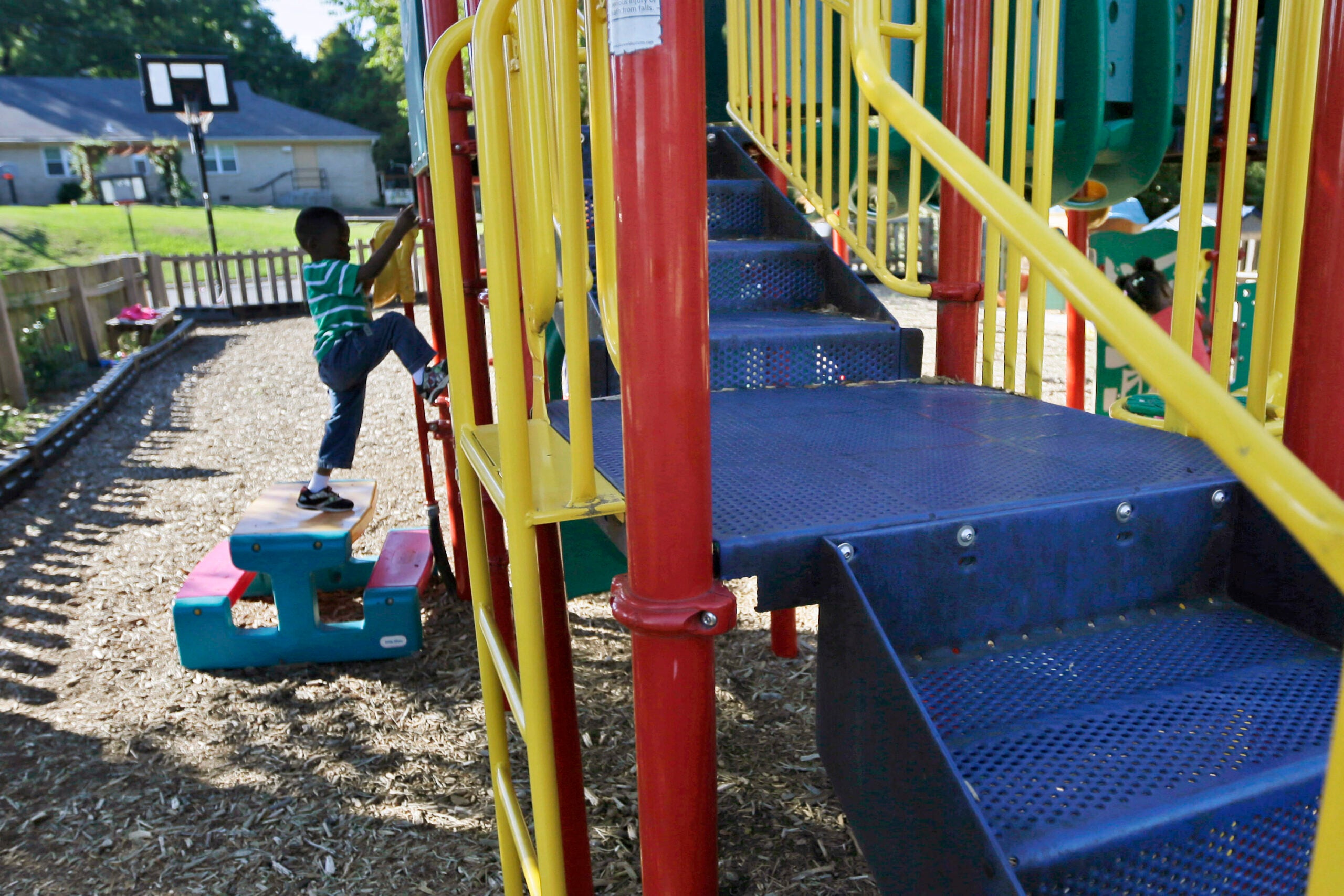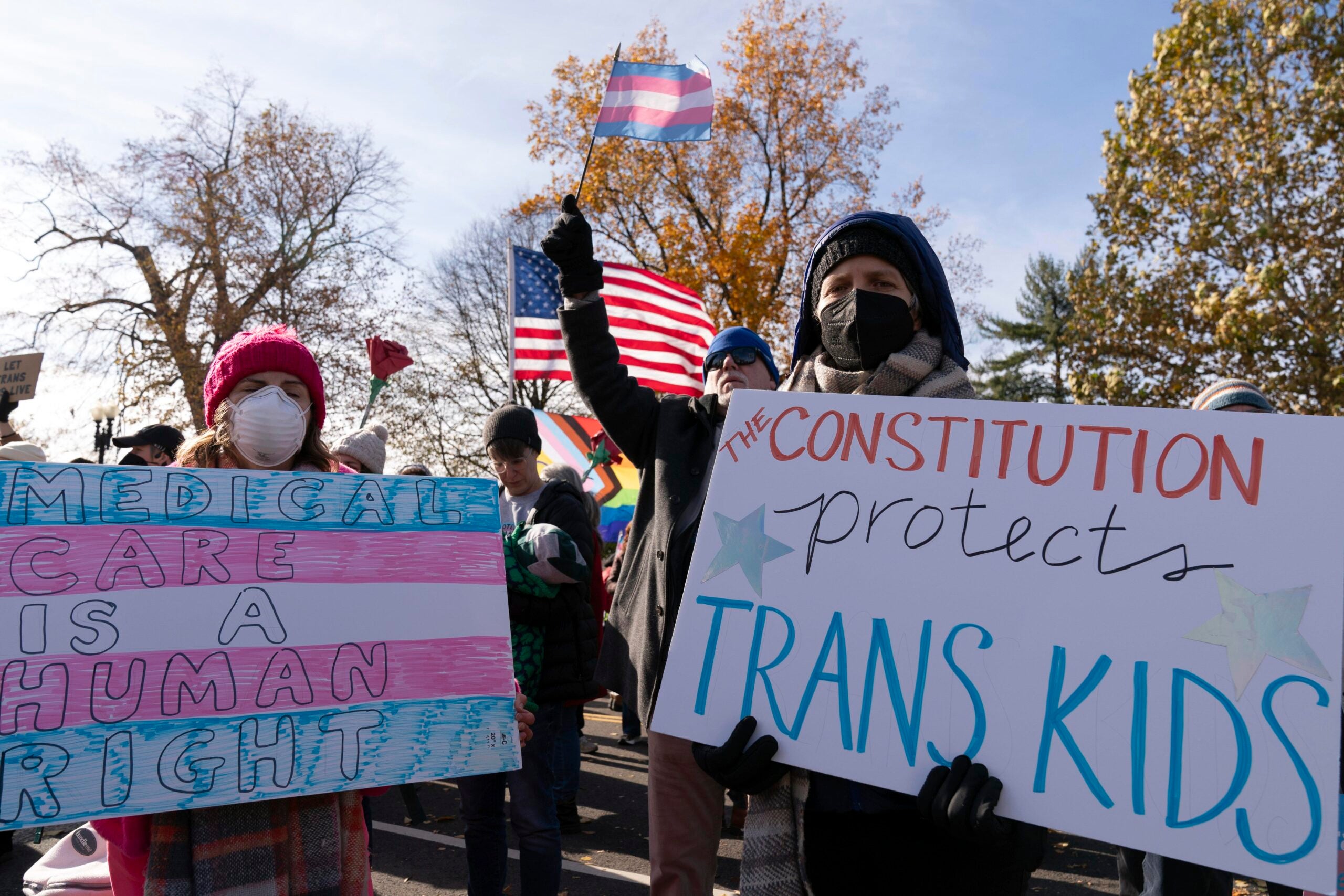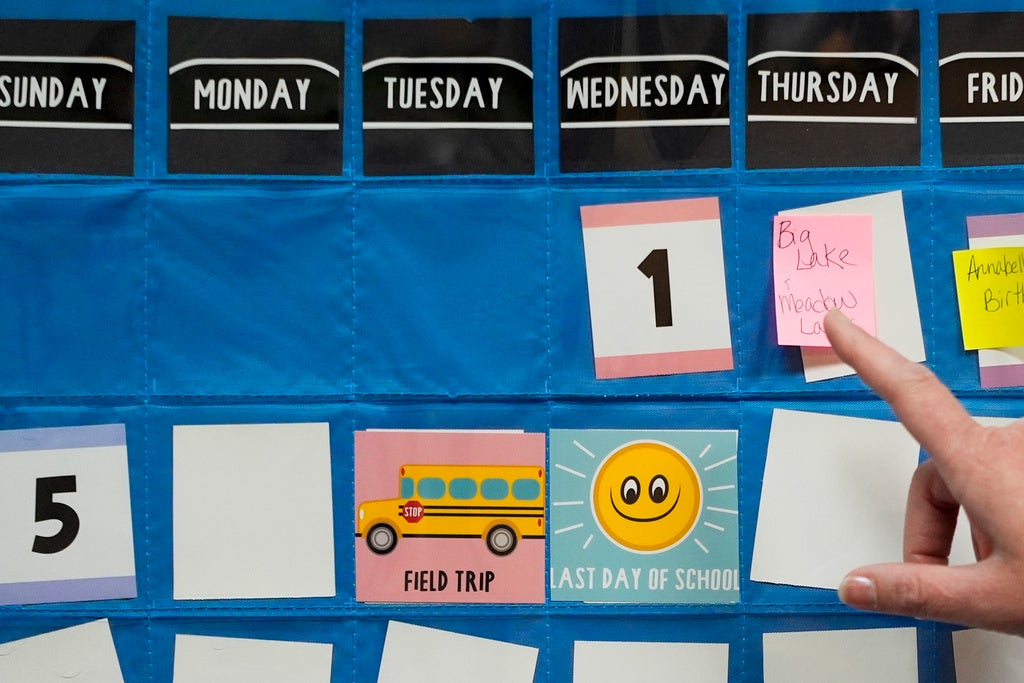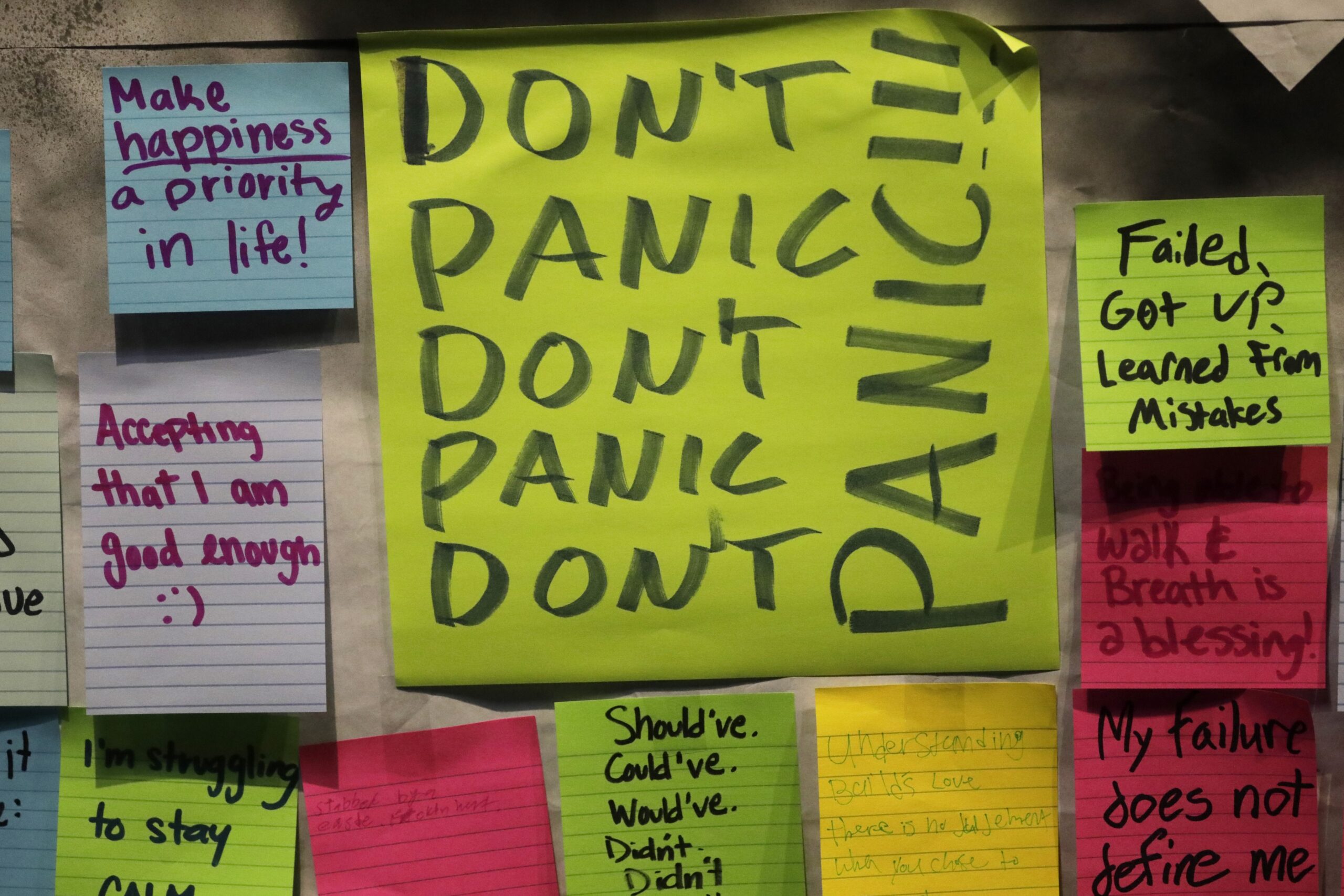A growing number of Wisconsin child care centers have closed in recent weeks as the COVID-19 outbreak continues, and those left open to serve essential workers are facing other challenges.
Just days after Gov. Tony Evers issued his initial ‘Safer at Home’ order in late March, the state Department of Families and Children (DCF) estimated about 25 percent of child care centers shut down. Now the agency says that is more than 40 percent.
An extension of that stay-at-home order to May 26 that was made late last week means largely a status quo for child care centers. But they will be allowed to be among the first businesses asked to reopen under the governor’s Badger Bounce Back plan.
“We have asked a lot of our early care and education community during this public health crisis. They will also be an integral part in the Badger Bounce Back,” DCF Secretary Emilie Amundson said.
News with a little more humanity
WPR’s “Wisconsin Today” newsletter keeps you connected to the state you love without feeling overwhelmed. No paywall. No agenda. No corporate filter.
“As a state, we need to value early childhood in a more significant way,” she said. “The early years of a child’s life are incredibly important to their future success. Investing in the programs we provide and the professionals who work in early care and education is one of the best decisions we can make for our future. The current public health crisis has put that on full display for the state and nation.“
The DCF started the Child Care Provider Portal a couple of weeks ago — a map that helps match parents who need child care with providers who remain open near where they live.
“The portal has been successful,” Amundson said. “With the help of our partners at Supporting Families Together Association and the Wisconsin Early Childhood Association, we help to connect people with child care in their communities. It also gave us all a more accurate and up-to-date understanding of child care availability.“
But the public health crisis has been difficult for child care centers in Wisconsin that remain open.
“We’ve seen some concerns around the health and safety of the staff that are still working in child care centers,” said Audra Wieser, early care and education director for the Parenting Place, a regional child care resource and referral agency in western Wisconsin. “They’re concerned for their own health and safety and the health and safety of the children that they’re watching, which are still in groups. Child care centers have a ton of health and safety practices that are enforced, so they are doing everything they can to protect the health and safety of children.”
“We’ve also seen food and supply shortages, just as families have seen when they go to the stores and the shelves are empty,” Wieser said. “That has created a lot of challenges for the sites as well to be able to serve the children as best they can.”
Amundson said the DCF is aware of the challenges operational child care centers are facing.
“We are continuing to explore options to find supplies for our stakeholders to keep them operational,” she said.
Angie Pfaff has owned Kids At Play Child Care Center in Stoddard just south of La Crosse for the past 18 years.
Kids At Play is licensed to provide care for 75 children and before the health crisis started, it cared for 60-65 kids per day. While it has remained open, there has been a dramatic decline in business.
“We are down to about 25-30 (children) per day and some days are less than that,” Pfaff said. “We do service a lot of essential workers. We have a lot of people who work at the hospitals, some law enforcement and a few grocery stores’ employees. At least half (of the children) are staying at home with their parents or the parents are working from home and then choosing to keep their children at home.”
Kids At Play has been more diligent about cleaning and making sure children and staff wash their hands more frequently. More stringent rules are in place to keep sick children home.
But Pfaff said like most small businesses now, it’s the financial outlook she’s concerned about. She is still charging parents who are keeping their kids at home a reduced fee. She’s also had to cut her staff from 19 to five or six most days.
“It’s the economic relief that we’re going to need. I have applied for Small Business Association loans,” she said. “I’m hoping that relief will come so when we go back to normal, if there is a normal, I want to hire all my staff back. I want them all to have a job and be able to provide quality care for children.”
Amundson said there should be help on the way for the state’s child care providers.
“The recently signed federal bill, combined with the state legislation that followed here in Wisconsin, provides the department with $51 million and the authority to propose a grant program to the Legislature that will assist early care educators,” she said. “We hope to have something together in the very near future that addresses hazard pay for early childhood educators, covers the cost of care for essential workforce families, and provides relief for closed child care centers.”
Pfaff said perhaps what’s happened during the health pandemic will change perceptions of the child care industry.
“Child care is a needed source of industry in the world for parents to be able to work,” she said. “Maybe we weren’t seen as essential workers before, but I do hope that now looking into the future, other industries will look at us and maybe be more appreciative of the work we do with young children.”
Wisconsin Public Radio, © Copyright 2025, Board of Regents of the University of Wisconsin System and Wisconsin Educational Communications Board.







